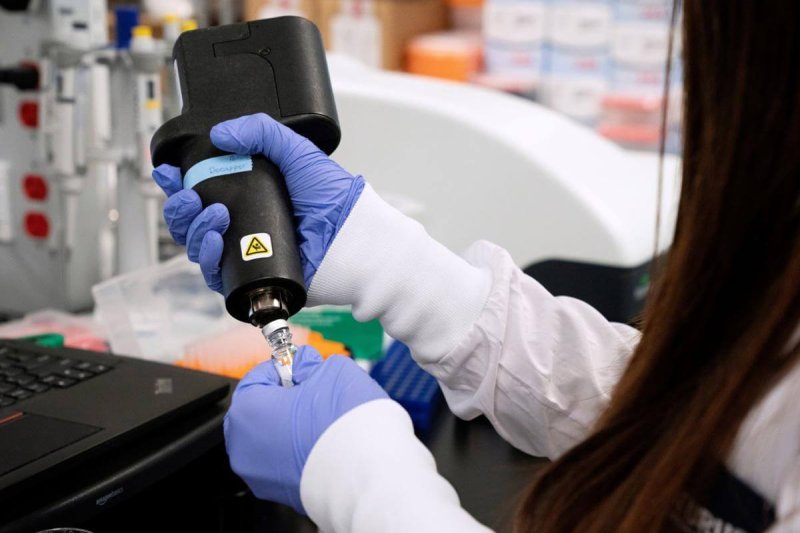Conventional wisdom is that a vaccine for COVID-19 is at least 1 year away, but the organizers of a U.S. government push called Operation Warp Speed have little use for conventional wisdom. The project, vaguely described to date but likely to be formally announced by the White House in the coming days, will pick a diverse set of vaccine candidates and pour essentially limitless resources into unprecedented comparative studies in animals, fast-tracked human trials, and manufacturing. [I]t hopes to have 300 million doses by January 2021 of a proven product, reserved for Americans.
Those and other details, spelled out for Science by a government official involved with Warp Speed, have unsettled some vaccine scientists and public health experts. They’re skeptical about the timeline and hope Warp Speed will complement, rather than compete with, ongoing COVID-19 vaccine efforts, including one announced last month by the National Institutes of Health (NIH). …
Warp Speed has already narrowed its list of vaccine candidates to 14 and plans to push ahead with eight… .
In parallel with the trials, the project will lay the groundwork for “heavy duty manufacturing” of as many as four different vaccines. More than one may prove worthy, and multiple options guard against contamination incidents and other supply concerns.































